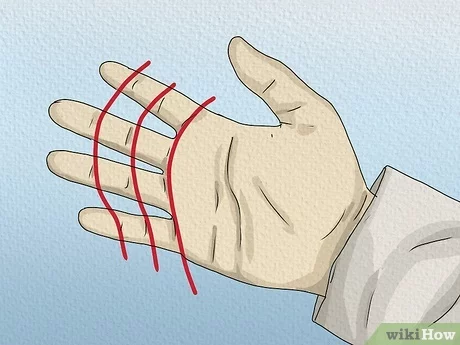New research from the Aerospace Institute of the University of Stuttgart in Germany supports the theory that water has a memory—a claim that could change our whole way of looking at the world.
Does water have memory? Can it retain an “imprint” of energies to which it has been exposed? This theory was first proposed by the late French immunologist Dr. Jacques Benveniste , in a controversial article published in 1988 in Nature, as a way of explaining how homeopathy works. Benveniste’s theory has continued to be championed by some and disputed by others . The video clip above, from the Oasis HD Channel, shows some fascinating recent experiments with water “memory” from the Aerospace Institute of the University of Stuttgart in Germany. The results with the different types of flowers immersed in water are particularly evocative.

Photo: Geraint Rowland via Flickr
If Benveniste is right, just think what that might mean. More than 70 percent of our planet is covered in water. The human body is made of 60 percent water ; the brain, 70 percent; the lungs, nearly 90 percent. Our energies might be traveling out of our brains and bodies and into those of other living beings of all kinds through imprints on this magical substance. The oceans and rivers and rains might be transporting all manner of information throughout the world.
I like to believe that the good doctor was correct–if for no other reason, because the phrase “the memory of water” makes my heart leap up and spin.
By Diana Rico
Video clip © Oasis HD Channel and embedded from YouTube.com. Photo: Geraint Rowland via FlickrPost Disclaimer | Support Us
Support Us
The sailanmuslim.com web site entirely supported by individual donors and well wishers. If you regularly visit this site and wish to show your appreciation, or if you wish to see further development of sailanmuslim.com, please donate us
IMPORTANT : All content hosted on sailanmuslim.com is solely for non-commercial purposes and with the permission of original copyright holders. Any other use of the hosted content, such as for financial gain, requires express approval from the copyright owners.
 Sri lanka Muslims Web Portal Diversity and Inclusiveness – Sri Lanka Muslims
Sri lanka Muslims Web Portal Diversity and Inclusiveness – Sri Lanka Muslims



